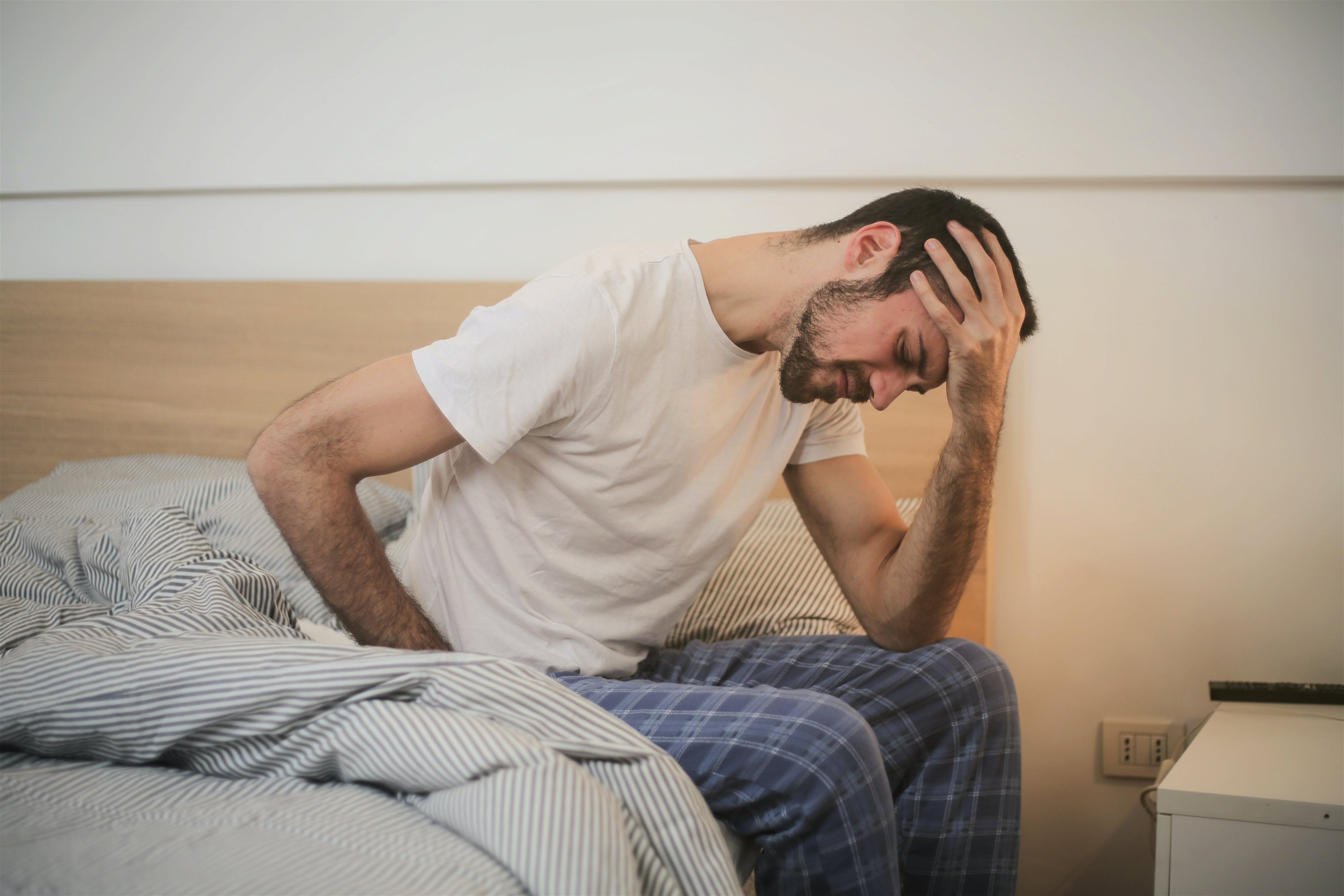Insomnia: Types, Causes, Diagnosis, Symptoms, Treatment.

Insomnia is a sleep disorder in which a person has trouble falling asleep. The condition may be short term or long term.
Short term insomnia is also known as acute insomnia and it may last for a night to a few weeks.
Long term Insomnia is also known as Chronic Insomnia and it may last from a few weeks to months or even years.
TYPES OF INSOMNIA
We have two types of Insomnia, Primary Insomnia and Secondary Insomnia.
PRIMARY INSOMNIA is a type of Insomnia that occurs without a connection to any underlying health condition/problem.
SECONDARY INSOMNIA is a type of Insomnia that occurs because of an underlying health conditions, pain, medication, or intake of alcohol. The underlying health conditions include Asthma, depression, arthritis, or Cancer.
CAUSES OF INSOMNIA
Stress: Some persons find it difficult to sleep after an event that must have stressed them mentally, such as the loss of a job, divorce.
Pregnancy: The raging hormones in the body of pregnant women, makes it difficult for them to fall asleep. E
Environmental factors such as light, noise and temperature: Some persons find it difficult to fall asleep if the temperature is high, or if there's noise in the surrounding environment.
Insomnia can also run in a family; it can be inherited and passed on from parents to offspring.
Mental health issues like depression or anxiety may result in Insomnia.
SYMPTOMS OF INSOMNIA
Problem with Concentration
Fatigue
Sleepiness during the day.
Difficulty falling asleep and Difficulty returning to sleep.
RISK FACTORS OF INSOMNIA
Insomnia occurs more often in females than in males. It also affects older people more than younger ones.

INSOMNIA DIAGNOSIS
There's no particular test for the diagnosis of Insomnia. The doctor may just do a physical exam asking about your medical and sleep history. They might also ask you to keep track of your sleep patterns. They may also test for underlying health conditions that may negatively impact sleep, such as thyroid problems or iron deficiency Anemia (low iron levels).
COMPLICATIONS
Progressively, lack of sleep can negatively affect the physical and mental health of the individual. It can also contribute to diabetes, mood disorders, weight gain and obesity.
TREATMENT
Acute insomnia may not need treatment, although if it persists, the doctor may prescribe sleeping pills, so as to prevent drowsiness during the day.

EXPERIENCES
A lot of persons over the world have experienced Insomnia at both Chronic and acute stages and I would be Sharing some experiences from emedicineHealth
Laurie Age range 65 -70
I've struggled with insomnia for 15 years. Finally I found a good functional medicine doctor who food-tested me and found I'm highly sensitive to eggs and dairy. She has me taking Tilia Tomentosa, Ficus Carica, Nux vomica 6C pellets, and Sulphur 6c, 3 times a day, and Orchex capsules at night, for sleep. If I eat eggs or dairy, I won't sleep. Get checked. I now sleep 6 hours a night, from only 3 hours on a good night, previously. I also do Qigong daily and meditate. I hope this helps you if you try it.
Joshua Age range 35-44
Insomnia can be very difficult to deal with. I prefer not to take any kind of drugs if I can. So a good alternative I've found for me is soothing sounds. Anything nature like, for instance rain sounds. It does the job for me occasionally.
Leslie Age range 25-34
I'm 27 years old. I had insomnia for 15 years. I switch medication every 2 years or so. I can't fall asleep. I can't nap. My brain just won't take a break. I don't really drink coffee. The only time I have been able to sleep without medication was during my pregnancies (2). I can go 24 hours without sleep. I can be very tired and still not sleep. I have tried to stop taking medication because I hate messing with my body but it's terrible. I have tried TBC and it doesn't work. I'm miserable.
CONCLUSION
From the above experiences it is quite obvious that Insomnia can really have a negative effect on the lives of the persons suffering from it. Some are subjected to loads of medication just to be able to sleep. Some are responsive to treatments while some aren't despite taking loads of medication to control the situation. So for us that can sleep without medications or have no problem falling asleep, we indeed have a priceless treasure at our disposal.


Thank you for this priceless article. I have really learnt a lot from it.